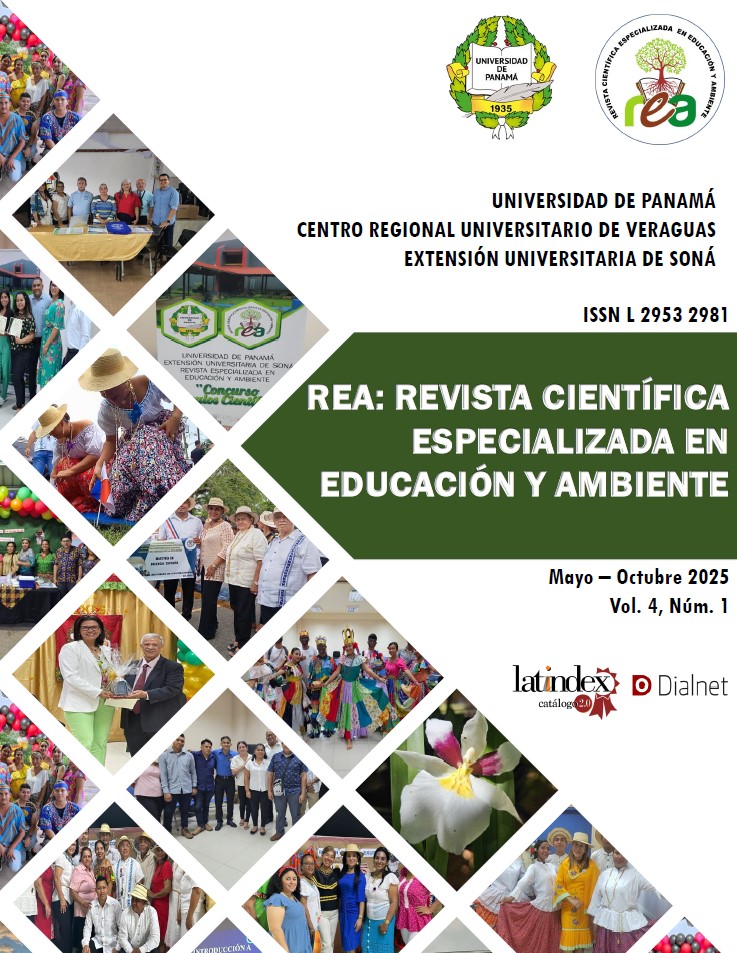

This study explores linguistic interdependence, with the aim of identifying how native language knowledge influences the acquisition of English as a second language, generating linguistic interferences. A non-experimental, descriptive design with a quantitative approach was used. The target population consisted of first-year English students at the Soná University Extension, University of Panama. The sample consisted of 19 students selected through non-probability convenience sampling. A questionnaire validated by linguistic experts, which yielded a Cronbach's alpha of 0.85, was used to assess linguistic interference errors from Spanish in the acquisition of English. The results revealed incidences of errors in false cognates, use of prepositions, verb tenses, and literal translations, indicating critical areas for teaching English as a second language and highlighting the need for specific strategies to improve students' linguistic proficiency.